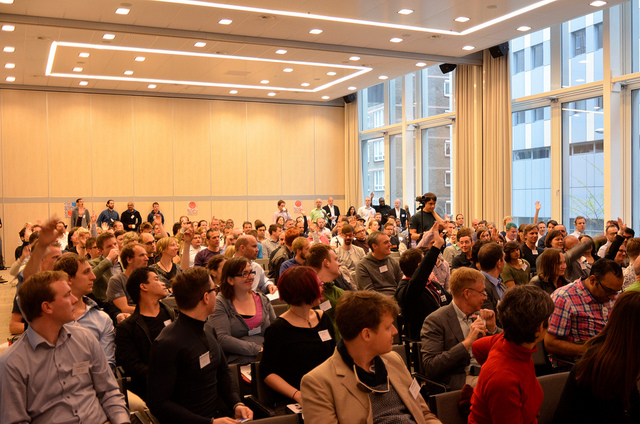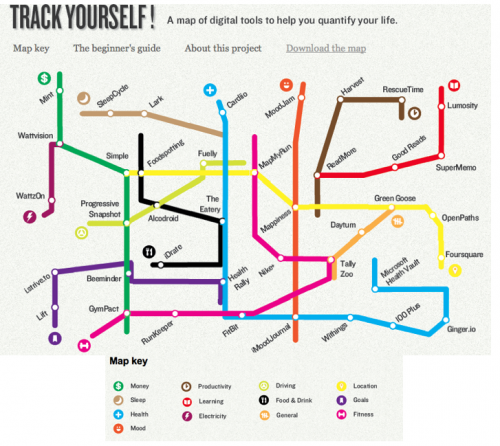Describing “types” of capitalisms, their components, the central logics they operate by is always a risky game: nothing is ever entirely new, there are always outliers, the different types always overlap, and so on. However, I’d like to speculate very briefly on a specific trend within Silicon Valley capitalism, what strikes me as an anti-capitalism sort of capitalism. I’m speaking of this type of capitalism not as something that is fully realized in reality, but as an “ideal type”, a hypothetical possibility that we can determine if or how much validity it has in illuminating the world–or at least one small chunk of the contemporary economy. Mostly, I’m just musing on a smart, fun piece by Sam Biddle about the rhetoric of Tumblr founder David Karp before Yahoo’s acquisition of the site for one billion dollars.
The rhetoric is familiar for those who follow Silicon Valley and is indicative of a particular type of capitalism. more...








